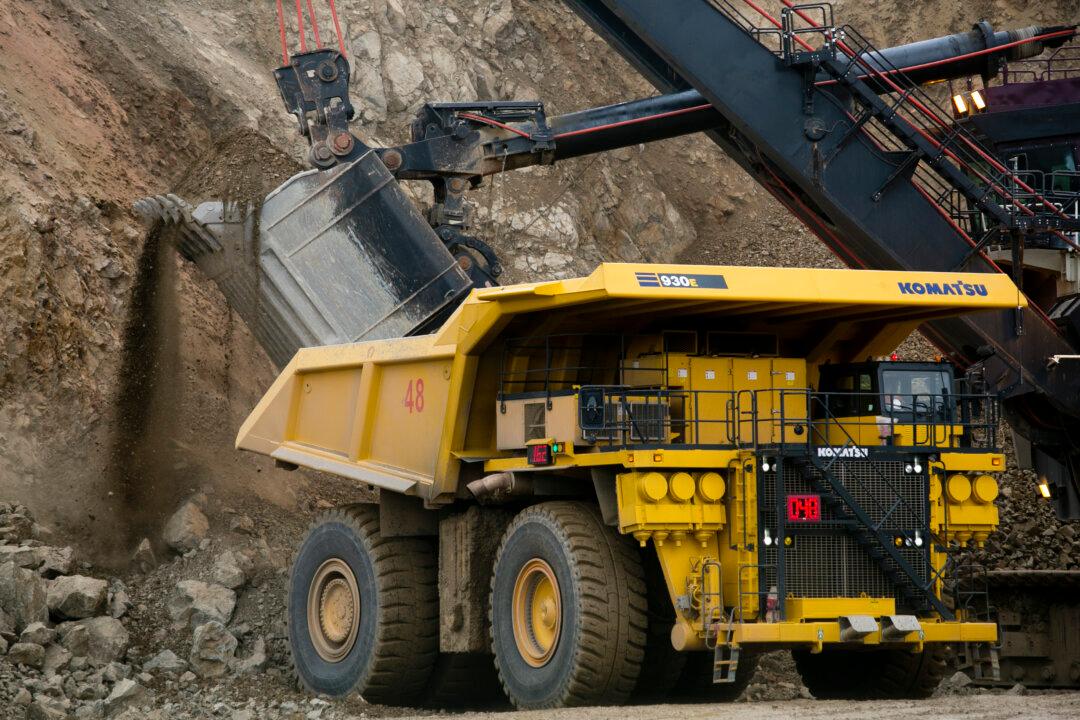South Korea is seeking to strengthen cooperation with mineral-rich Mongolia, to lessen its reliance on China.
South Korean Foreign Minister Park Jin visited Mongolia Aug. 28-30, and met his Mongolian counterpart Batmunkh Battsetseg.

South Korea is seeking to strengthen cooperation with mineral-rich Mongolia, to lessen its reliance on China.
South Korean Foreign Minister Park Jin visited Mongolia Aug. 28-30, and met his Mongolian counterpart Batmunkh Battsetseg.